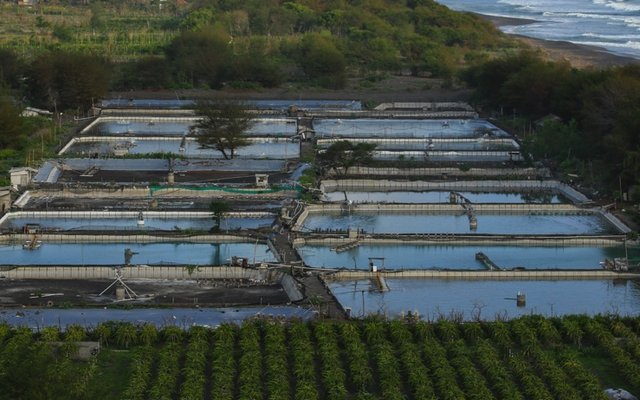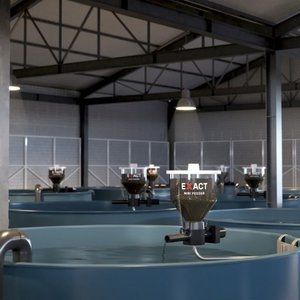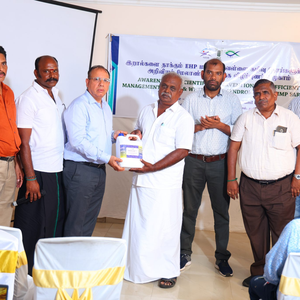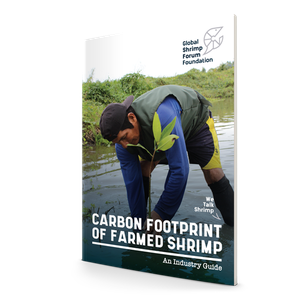Pebble Labs USA Inc. and Virbac entered into an agreement to co-develop and commercialize breakthrough solutions for disease prevention in aquaculture.
Currently, the aquaculture industry relies heavily on probiotics, synthetic chemicals and antibiotics to fight diseases which can be devastating to shrimp farms worldwide. The Pebble Labs Directed Biotics™ technology harnesses an animal’s natural immunity with bacteria and redirects it to suppress White Spot Syndrome Virus. The technology generates target-specific RNA interference molecules that substantially reduce the transmission of diseases and viruses, providing an innovative and effective natural solution, replacing the need for antibiotics and chemicals.
“Pebble Labs has the first sustainable technology to safely and effectively address the viral pathogens we are facing in large-scale aquaculture,” said Pierre Henning, DVM, director of Aquaculture Division, Virbac. “Working with Pebble Labs to share their solution with farmers is a high priority for our aquaculture division this year, and we are committed to moving this project along quickly,” said Henning.
The terms of the joint development agreement include executing feasibility studies to validate Pebble Labs technology, solution development plans, regulatory clearance and approval, and discussion of future products and commercial applications in addition to treating White Spot Syndrome Virus in aquaculture.
“Pebble Labs is looking forward to seeing Directed Biotics technology in the pond this year,” said David G. Morgan, president of Pebble Labs. “This agreement with Virbac moves our revolutionary products toward the market which will reduce the need for antibiotics in food production and improve food security worldwide,” said Morgan.












